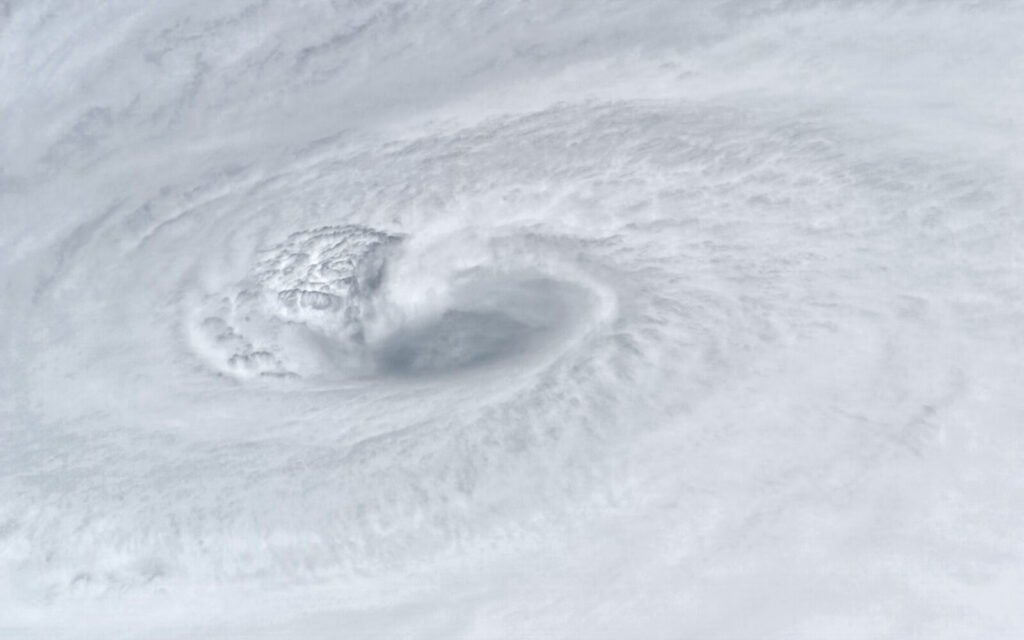
2020 Hurricane Resource Center
June 1, 2020
Hurricane season begins on June 1st and runs until November 30th with the peak period between August and October. According to the National Oceanic and Atmospheric Administration (NOAA), the 2020 Atlantic hurricane season will be above-normal. NOAA’s Climate Prediction Center is forecasting a likely range of 13 to 19 named storms, of which 6 to 10 could become hurricanes.
Although predictions for hurricane season vary each year, preparation and planning are essential to minimizing your exposure to risk when considering the impact of a catastrophic event.
Simple Preparation Tips
- Know your hurricane risk
- Make an emergency plan
- Build or restock your emergency preparedness kit
- Familiarize yourself with local emergency evacuation plans
- Stay tuned to local wireless emergency alerts, TV, or radio for weather updates, emergency instructions, or evacuation orders
- Consider buying flood insurance
Disaster Planning During the COVID-19 Pandemic
Planning will be different this year because of the need to protect yourself and others from COVID-19.
The Centers for Disease Control and Prevention (CDC) now recommends people include additional items in their emergency preparedness kits to help prevent the spread of coronavirus or other viruses and the flu. Some supplies may be hard to get, and availability will worsen in a disaster, so start gathering the following now based on your individual needs:
- Cloth face coverings (for everyone ages 2 and above), soap, hand sanitizer, disinfecting wipes to disinfect surfaces
- Prescription medications
- Non-prescription medications such as pain relievers, anti-diarrhea medication, antacids or laxatives
- Prescription eyeglasses and contact lens solution
- Infant formula, bottles, diapers, wipes and diaper rash cream
- Pet food and extra water for your pet
- Cash or traveler’s checks
- Important family documents such as copies of insurance policies, identification and bank account records saved electronically or in a waterproof, portable container
- Sleeping bag or warm blanket for each person
- Complete change of clothing appropriate for your climate and sturdy shoes
- Fire extinguisher
- Matches in a waterproof container
- Feminine supplies and personal hygiene items
- Mess kits, paper cups, plates, paper towels and plastic utensils
- Paper and pencil
- Books, games, puzzles or other activities for children
The Federal Emergency Management Agency’s COVID-19 Pandemic Operational Guidance for the 2020 Hurricane Season offers additional details to state and local authorities preparing for disasters.
If you live in Coastal Virginia
- Know your hurricane evacuation zone for both your home and your workplace.
- Register with VBgov.com/VBAlert to receive emergency notifications on your mobile devices.
- Virginia Department of Emergency Management
- Virginia Hurricane Evacuation Guide
Additional Resources and Documents
- Federal Emergency Management Agency (FEMA)
- Ready.gov
- National Weather Service
- National Hurricane Center
- Occupational Health and Safety Administration (OSHA)
- American Red Cross
Flood Insurance
Did you know?
- Homeowners insurance alone does not cover flooding.
- It takes 30 days for most flood insurance policies to become effective.
- FEMA does not provide comprehensive disaster funding to repair homes that flooded but didn’t have insurance.
- The National Flood Insurance Program aims to reduce the impact of flooding by providing affordable insurance to property owners and by encouraging communities to adopt and enforce floodplain management regulations.
How to Report a Claim
We hope that you will never need to, but in the event you should have to report a claim, the best method is to contact your insurance carrier directly. It is helpful to have your policy number available when reporting a claim. Prompt claims reporting is critical. If you need assistance contacting your insurance carrier to report a claim, please call us at (757) 965-8900 or email claims@coreassurance.com.
How We Can Help
We offer a full portfolio of risk management products and services to protect your home and business from flood and hurricane damage. For more information on how to protect your property and loved ones, contact one of our Private Client or Business Insurance associates today.

